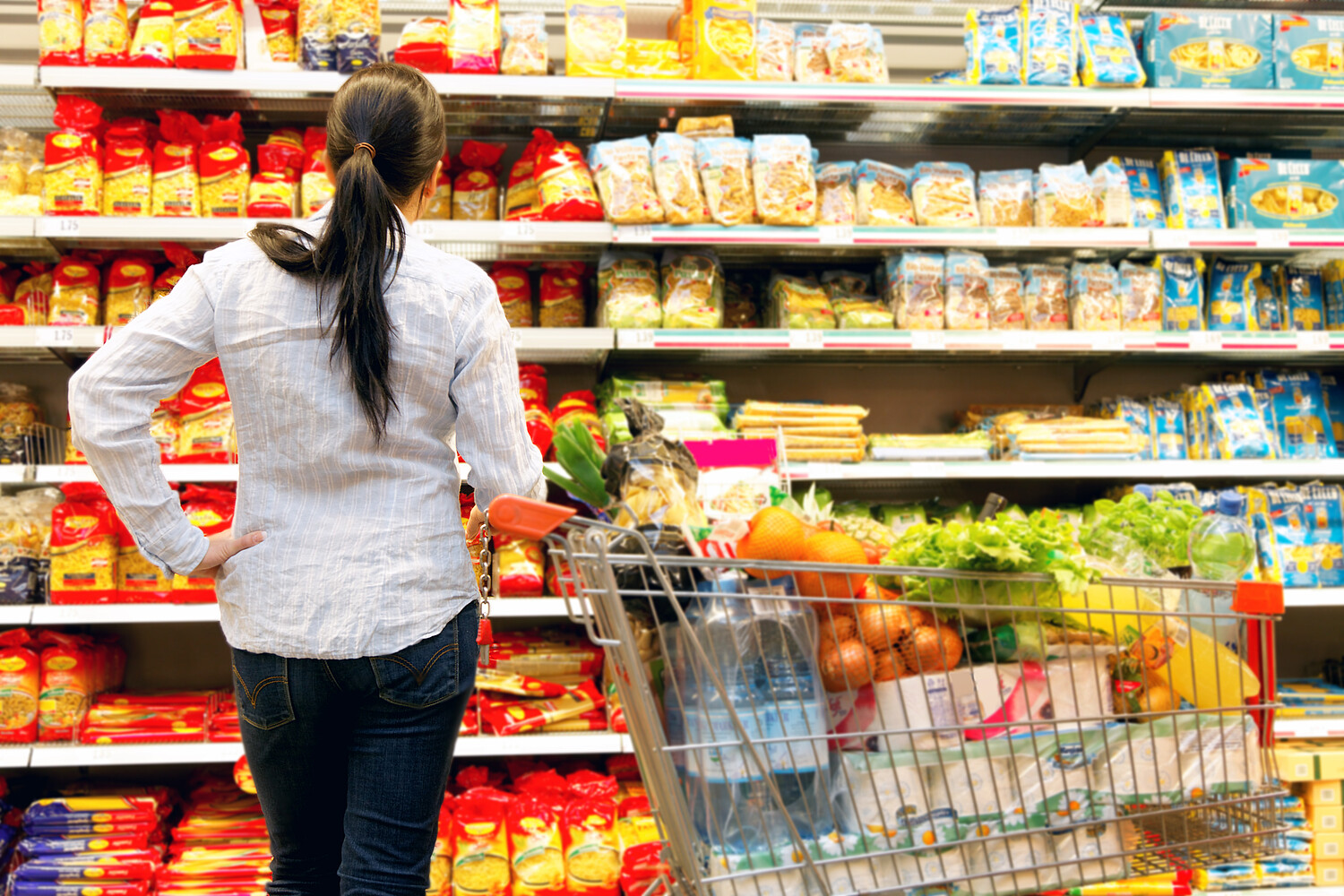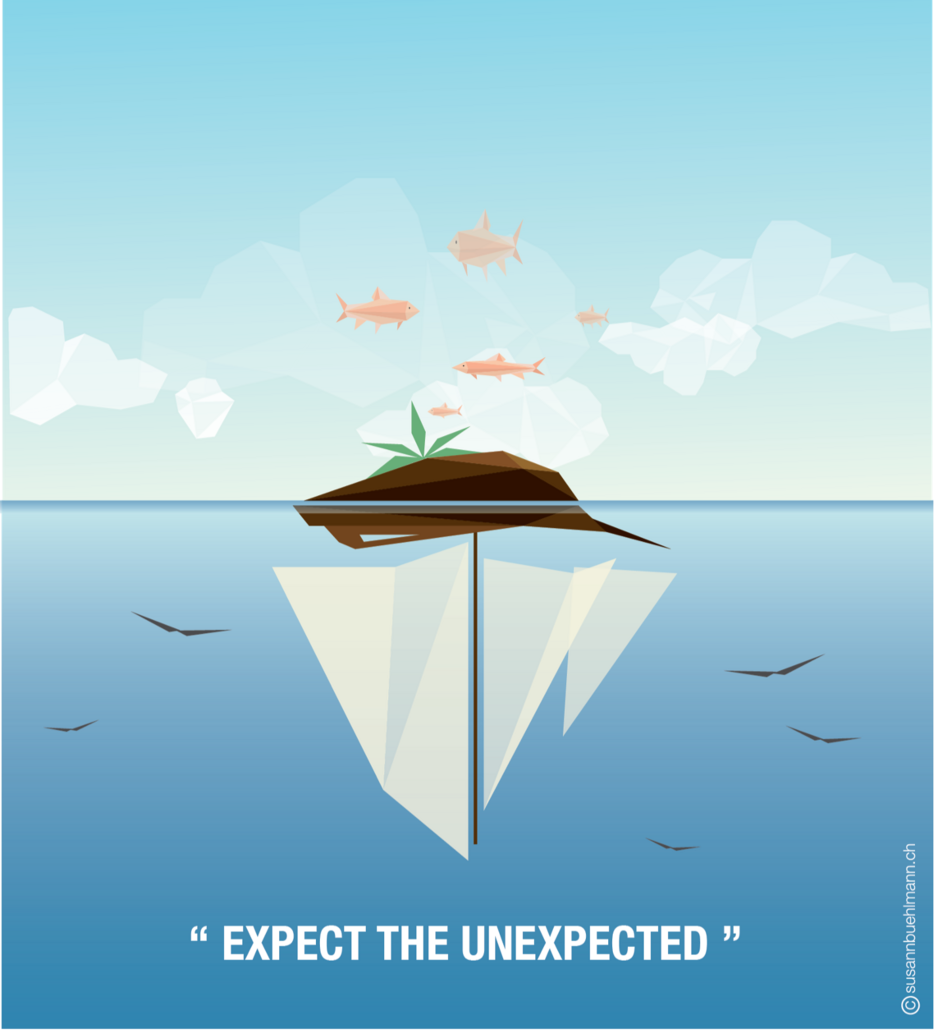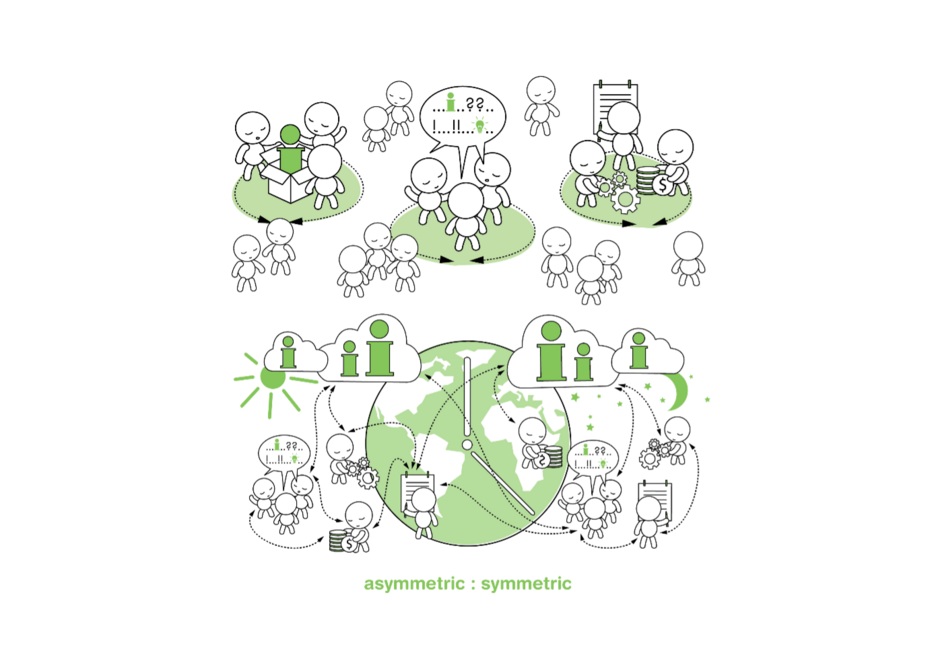
Narratives of food and how they influence us
Food has been shaping culture since the existence of humankind and is increasingly becoming props for self-definition and self-staging: "You are what you eat." What is urgently needed, however, is to think more about the impact that each and every one of our decisions regarding our diet has on people, animal welfare, the environment or the climate. Can narratives raise our awareness?
Human coexistence on Earth evolved from the migratory tribal cultures of hunter-gatherers, through those cultures that used agrotechnical knowledge and established settlement structures, established subsistence economies, promoted industrialisation, and developed into today's informed society.
The knowledge, skills and techniques of food production continued to expand over time. As a result, the population keeps increasing and the level of food supply, especially for people in industrialised countries, has been very high, to the point of abundance. At the same time, there are a large number of people on the planet who are starving for a variety of reasons.
The dilemma of the agro-food system
This discrepancy is just one indication that the agro-food system is in need of change. A major dilemma of the agro-food system of today lies in the sequential definition of the value chain in production, processing, trade, preparation, consumption and disposal. The differentiated structuring of the relationships between the individual links in this chain and the use of quality management systems have led to a standardisation of products and services, as well as to an increase in product safety. Increasing cost pressure has triggered concentrations at various levels. As a result, companies are getting bigger in order to realise efficiency gains, and the extreme standardisation is increasingly producing rejects and food waste if requirements and standards are not met.
Decline in prices and value-erosion
These losses have in turn been offset by increased productivity, which is associated with a more intensive use of resources. Dependencies that have arisen have systematically and circularly caused a decline in prices and inevitably value-erosion in the food sector. At the same time, subsidies have partly contributed to undesirable developments. So far, it has been possible to compensate for declining yields through information asymmetries, especially at the retail level: Consumers learned little about what was wrong with the agro-food systems.
"The battle to save the planet is won on the plate."
Only gradually is this beginning to change. In the western world, the current discussion in the food sector is mainly dominated by issues such as health, sustainability, climate change, animal welfare, availability and, increasingly, cost optimisation.
Narratives such as "The battle to save the planet is won on the plate" raise awareness that every decision about what we eat has an impact. Whereas in the past, parts of society in the Western world were primarily oriented towards the price tag as an expression of the value of food – the cheaper the better – in mature economies, an increasing debate on values is coming to the fore, with more emphasis on the product and how it is produced, and moreover, what impacts are associated with it. An expression of this movement is that we monitor and evaluate our actions with emission indicators for carbon dioxide, methane, nitrous oxide or water and energy consumption, as well as with nutrition and animal welfare traffic lights. These are intended to raise awareness among consumers, generate knowledge and induce changes in behaviour.

After all, the food sector has been identified as one of the (main) causes of climate change. Furthermore, it is becoming apparent that supply bottlenecks may occur not only due to the growing world population. The current energy supply situation is also critical in terms of climate impact, so that supply bottlenecks are increasing.
«Planetary Health or Planetary Diet.»
This is also the starting point for another narrative to save the Earth – "Planetary Health / Planetary Diet". It focuses on protein supply and its source. The call to reduce meat consumption or replace it entirely with plant-based foods is justified from two different perspectives. One message focuses on factory farming and animal suffering that results not only from keeping animals, but also from killing them. Another relates to the negative climate impacts associated with the production of animal foods.
World views instead of objectivity
It becomes clear that the information provided to society is increasingly shaped by the convictions and goals of the protagonists of various lobby groups. The contexts presented and the proposed measures that span from action plans to regulatory initiatives are influenced by certain world views. Due to the over-availability of different messages, which are charged with different meanings depending on social predisposition, the (new) normal gives rise to the "new special", which is valid in its informal bubble. The question of whether the published theses are scientifically substantiated can – due to the complexity of the interrelationships - often only be answered provisionally and inadequately.

Scepticism and mistrust threaten to destroy the community. Contradictions and scandals generate attention through polarisation. What can we do as scientists to provide facts and not risk the cohesion of society in the process? What basis are decisions made on? How many facts can humans collect, evaluate and reflect on before deciding and judging? What is the importance of different lobby groups behind the information sent out? Which sources can we trust? Dealing with isolated facts makes only limited sense. Who takes responsibility for the context and the whole?
Who can see the big picture?
If a scientist publishes research results, these are reflected in the research community. Transparency regarding funding and other possible dependencies on interest groups has been demanded. Reputation is at risk where transparency and the necessary objectivity are lacking or under attack. The trust building that the scientific community has assumed through its publication organs is challenged. The question that inevitably arises – and which is an increasing challenge in times of disinformation – is: What does the authority look like that helps to evaluate emergent problems and the solutions generated for them?
Internet for more transparency
The internet makes it possible to recognise global connections. The exploitation of people and animals, the consumption of the environment, the waste of raw materials due to the reject principle and the widely varying profit situations of different links in the value chain become transparent. This dissolves information asymmetries.
Value chain becomes a value network
Accordingly, with the use of modern digital technology, a value chain of classification and inclusion can emerge from the value chain characterised by standardisation and exclusion. We should work towards this urgently needed transformation of the agro-food system – for the benefit of people and animals as well as for the protection of the environment and the climate.
*Gisela Hühn is staff member of the Food Process Development Research Group at the ZHAW Zurich University of Applied Sciences. Tilo Hühn is Head of the Centre for Food Composition and Process Design at the ZHAW Institute of Food and Beverage Innovation.
-
D
Thank you for placing this opinion and also the whole websiste and make us aware how important the new food industry is and how much we should and MUST change. Unfortunately it is not supported by numbers. I try to write an assay and will include numbers of the urgency to react as you posted on your website
1 Comment